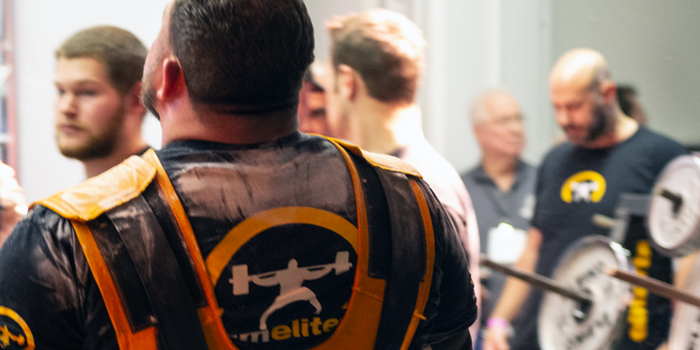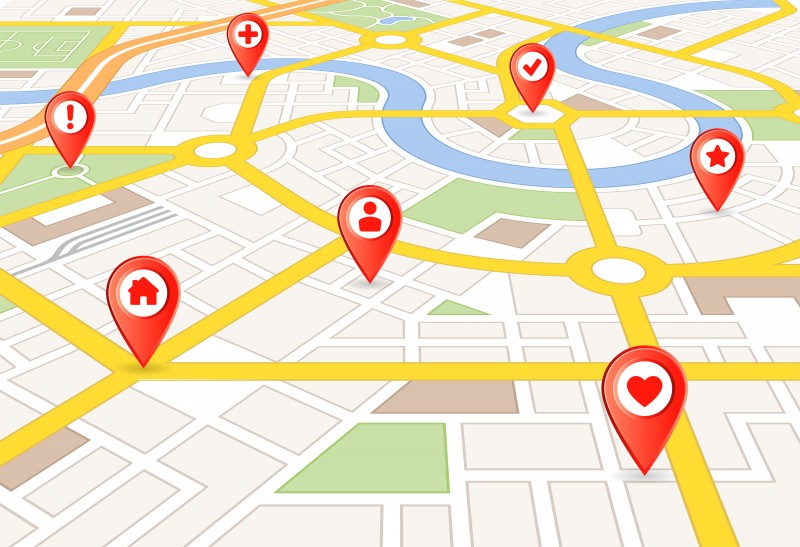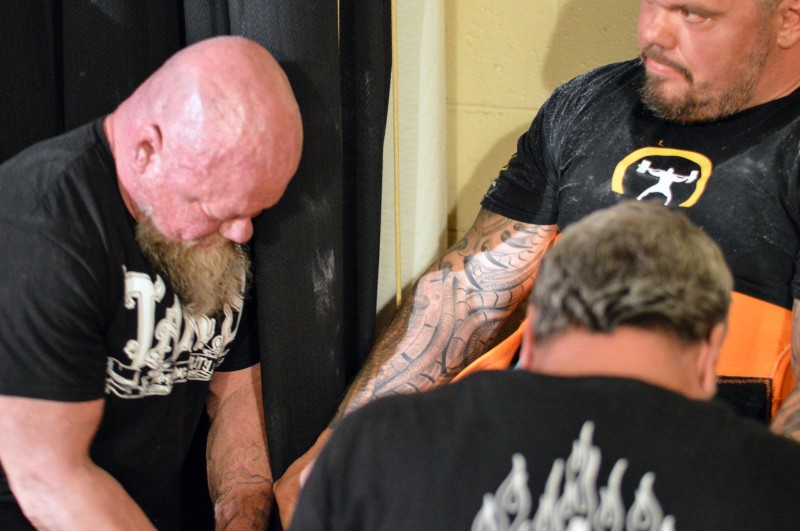
Powerlifting meets can be stressful. You just spent months preparing, took time off of work to travel to the meet, and made a significant financial investment in entry fees, hotel, food, and so on. All of that preparation and expense going into just nine lifts. A total of fewer than 60 seconds of actual on the platform performance as the result of endless hours of getting ready for it.
Understandably, people get worked up and stressed out. That stress sucks up valuable energy. Rather than waste it, implement some simple strategies to help you manage it.
RECENT: The Death of the Powerlifting Crew
Plan Your Trip
This is going to sound super simple and probably a little neurotic. When it comes to your travel, weigh-in, refeed, and meet day logistics, plan it all out to fine detail so you don’t have to think at all. Take your brain out of the equation and just execute. The method for making this happen is simple.
Here’s what I do. For every meet, I create a shareable document that I share with the group traveling with me. In that document, I put all of the addresses of the places I need to be and the times I expect to be there. All of the restaurants, the weigh-in location, venue address, and the times for both weigh-in and start of the meet. I also look up drive times from my planned competition day breakfast to the venue and figure out what time I need to leave my hotel to eat, drive, and be at the meet venue. I also throw in some extras like the closest grocery store, phone numbers for the meet director, and the closest pharmacy. Trust me on the pharmacy thing; when you need some emergency Imodium, you’re going to want to know the quickest place to go and get it.

Roberto Scandola © 123rf.com
Maybe I am over-planning here, but I am a creature of habit. I know the stuff I need the day before and day of the meet. I don’t want to have to look any of that stuff up on the road; I want to just execute to a plan. Having a detailed plan takes my head out of the equation and lets me focus completely on the task at hand.
Warm-Ups — Start Early
You’ll see this at almost every meet. Someone took their time too much and is under the gun now. They are running around, trying to squeeze in all their warm-ups. Maybe they get it in, but they had to go really fast and are gassed now. Maybe they only have a few minutes to sit before their opener. Or maybe they cut out a set or two to make it work and aren’t really ready to take the platform. No matter what the outcome, they were probably stressed and wasting energy.
My philosophy: You can always slow down in the warm-up room. It is exponentially more difficult to speed up.
For my last couple of warm-ups, I want to time the spacing about when my meet attempts will be. For example, suppose I am in Flight 3 and am the last lifter in the flight. That means I want to take my last warm-up when the last lifter of Flight 2 takes their third. Go backward from another attempt, and that’s when I want to take the warm-up before that. Anything lighter than those last two warm-ups, and it doesn’t matter much to me, it just needs to get done.
I start early. I can always add more space between my warm-ups to slow it down. I might start my bodyweight stuff as far as a flight and a half out if I need to I will take longer breaks to fill the time. I’ve never regretted starting early. It keeps my stress levels low and lets me be flexible in how I get it done in the warm-up room rather than having to rush.

Bring An Entourage
This might seem like overkill, but bring an entourage and have one of your helpers be someone with meet experience. That’s your head guy. The others can take direction from that person. This is the part that is going to seem like a lot; my preference is to bring three people with me. I want two guys whose primary job is to run the warm-up room for me. They are going to load weight, run the monolift, all of that. I expect that they will pick a platform and just run it for everyone in the flight. Everybody lifting wins here. The rest of the flight gets my guys helping them, and since it is my crew running the show, it is easier for me to set the pace and take attempts when I want to. The third guy is the one in my back pocket all day. He is wrapping knees, adjusting gear, turning in attempts, and so on.
All of that sounds selfish, and it is. It’s very selfish. I expect that group to wait on me hand and foot, taking care of everything that I could possibly need on meet day. The caveat to it is you have to return the favor. When it is the handler’s turn to compete, you get the role of minion and become their personal servant. I want the group to be big and experienced to aid in the common theme here; I don’t want to think. I don’t want to think about what weight is being loaded, where my gear bag is, or if I have time to run and fill my water bottle. Having excellent help takes care of all that and lets me simply execute. Again, don’t forget: You have to return this favor!
Don’t Think; Don’t Stress
Ultimately, all three of these strategies are intended to reduce stress by allowing you to just execute and not have to think too much on game day. Anything that you can do to reduce distraction and allow you to focus on the meet and be ready to perform will improve your chances of success. Over-plan, give yourself lots of buffer time, and bring more help than you think you need.










